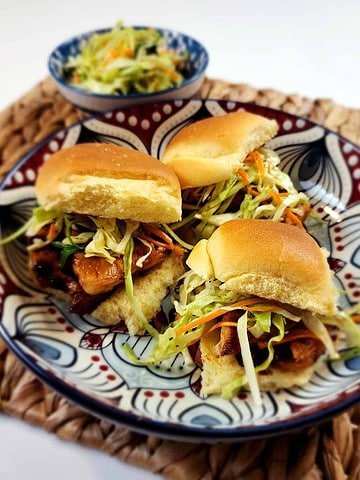
Thailand, a land of vibrant culture and warm hospitality, is also steeped in deep-rooted customs and traditions that demand respect. Understanding and adhering to these local etiquettes not only enriches your experience but also shows your deep appreciation for Thai customs. Here are some crucial things to avoid doing in Thailand, ensuring you navigate the cultural landscape with utmost respect and courtesy.
1. Don't Touch The Head
In Thai culture, the head is considered the most sacred part of the body. It symbolizes the soul and should never be touched, even playfully. This gesture is seen as invasive and disrespectful. Thai people, especially elders and monks, regard the head as sacred, and touching it without permission is highly offensive. To avoid offending, avoid patting children or touching anyone's head in any context.
2. Don't Point!
Thai culture considers pointing directly at people or objects with your index finger impolite. Instead of telling, Thais often use their whole hand with fingers extended, palm facing upward, or gesture subtly with their chin or eyes to indicate direction or reference. Pointing is seen as aggressive and can cause embarrassment or discomfort. When indicating something or someone, use a gentle and respectful gesture.
3. Don't Point Your Feet
In Thai culture, the feet are considered the lowest and dirtiest part of the body. Pointing your feet at people, especially elders or religious objects like Buddha images, is highly disrespectful. When sitting, avoid stretching your legs directly towards others. If you need to stretch your legs, keep your feet flat on the ground or tucked away respectfully to avoid causing offense. Permanently remove your shoes when entering homes, temples, or specific businesses as a sign of respect and cleanliness.
4. Don't Use Your Left Hand Inappropriately
Traditionally, the left hand is considered unclean in Thai culture and is used for tasks such as personal hygiene. Use your right hand when giving or receiving items, eating, or engaging in social interactions. Avoid using your left hand to pass items to others or handle food, as this can be perceived as disrespectful. Using the right hand shows consideration for cultural norms and respect for cleanliness and social etiquette.
5. Don't Dress Inappropriately
When visiting temples, attending formal events, or interacting in conservative settings, it's crucial to dress modestly and respectfully. For both men and women, this means avoiding clothing that is revealing, such as shorts, mini-skirts, or sleeveless tops. When in doubt, opt for clothing that covers the shoulders and knees. This not only shows respect for cultural norms but also honors the spiritual sanctity of places like temples where modest dress is a requirement.
6. Don't Disrespect the King or Royal Family
Thailand holds its monarchy in high regard, and any form of disrespect towards the King, Queen, or members of the royal family is not just illegal but also deeply offensive. Avoid discussing sensitive political topics related to the monarchy, as this can lead to serious repercussions. Always show respect when the national anthem is played or during ceremonies honoring the monarchy. Thais deeply cherish their royal family, and visitors should observe and respect this sentiment.
Conclusion
Navigating Thailand's cultural etiquette involves understanding and respecting local customs and traditions. By avoiding these common pitfalls and showing sensitivity to Thai culture, visitors can foster positive interactions and build memorable experiences. Whether visiting temples, interacting with locals, or participating in cultural festivities, adhering to these guidelines demonstrates appreciation for Thailand's rich heritage and contributes to a meaningful and respectful travel experience.






Leave a Reply